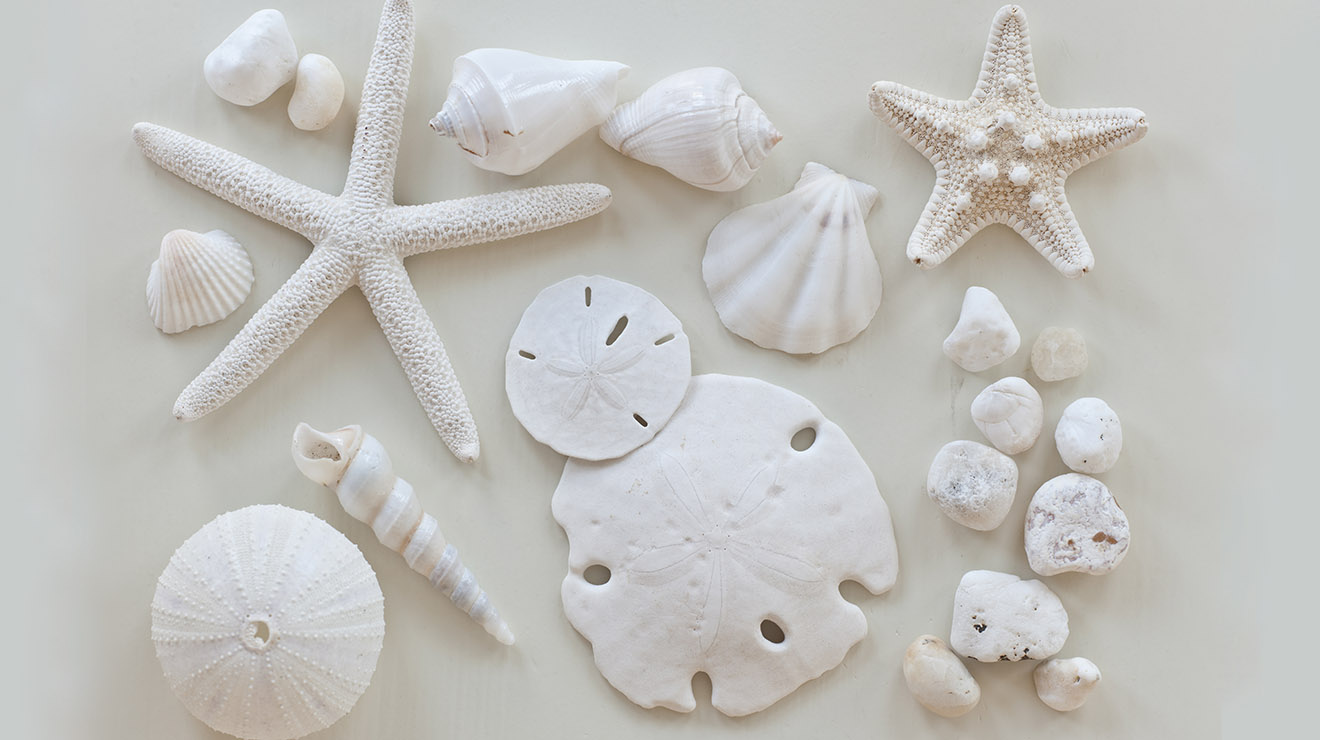Egg freezing, or oocyte cryopreservation, is a process in which a woman’s eggs (oocytes) are extracted, frozen, and stored as a method to preserve reproductive potential in women of reproductive age. It is a procedure that has been around since 1986, but has been growing in popularity over the past five years. This is largely due to advanced technology which led the American Society for Reproductive Medicine (ASRM) to lift its “experimental” label for egg freezing in October 2012.
Egg freezing is a similar process to IVF (in-vitro fertilization), but the timing of pregnancy is different. With both, a woman receives fertility shots to boost egg production and then has them extracted. With IVF, the fresh eggs are immediately combined with sperm and implanted into the patient’s womb so pregnancy can begin. With egg freezing, a woman’s eggs are frozen immediately after they are extracted and are saved for pregnancy until a later date. While research shows that pregnancy rates for fresh and frozen eggs have had similar success (57% success rate for frozen eggs with another study at a 63% success rate, compared to a 55% success rate for fresh eggs), there are still pros and cons for each.
Fresh Embryo Transfer Pros & Cons
Pro: There is a shorter overall process to get pregnant. The obvious pro (which may actually be a con for elective egg freezing!) is the fresh embryo transfer occurs immediately after IVF egg retrieval.
Con: Hormone levels may rise during ovarian stimulation. Because of the amount of fertility medicines and additional hormones, a patient may have higher-than-normal levels of hormones in her system that can make implantation more difficult.
Con: Uterine lining may be less receptive to embryo implantation. Recent evidence suggests that high levels of estrogen may cause reduced uterine receptivity – meaning the lining of your womb may not be an ideal environment for implantation.
Frozen Embryo Transfer Pros & Cons
Pro: Uterine lining may be more receptive to embryo implantation. See fresh embryo transfer con above. When you give your body time to recover from the IVF stimulation and egg retrieval, the endometrial lining in your womb may be in a more optimal state for implantation.
Pro: Babies born from frozen embryos may be healthier at birth. Studies show that frozen embryo babies are less likely to be linked to low birth weight.
Con: The cost. In addition to the already expensive IVF cycle, there are other associated costs with egg freezing such as thawing, fertilizing, and implanting the eggs years later.
Con: Embryo may not survive the freezing or thawing process. Even though egg freezing technology has advanced dramatically over the past few years, the survival rate is still at 95 percent which leaves a small window of error.
If you are interested in learning more about the process of in-vitro fertilization or egg preservation or would like to schedule a consultation with one of our dedicated physicians, please call our Raleigh fertility center today at 919-908-0000.
Resource: https://blog.scrcivf.com/fresh-vs.-frozen-embryo-transfer









